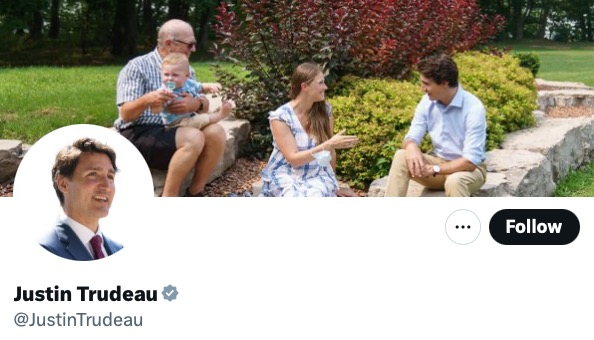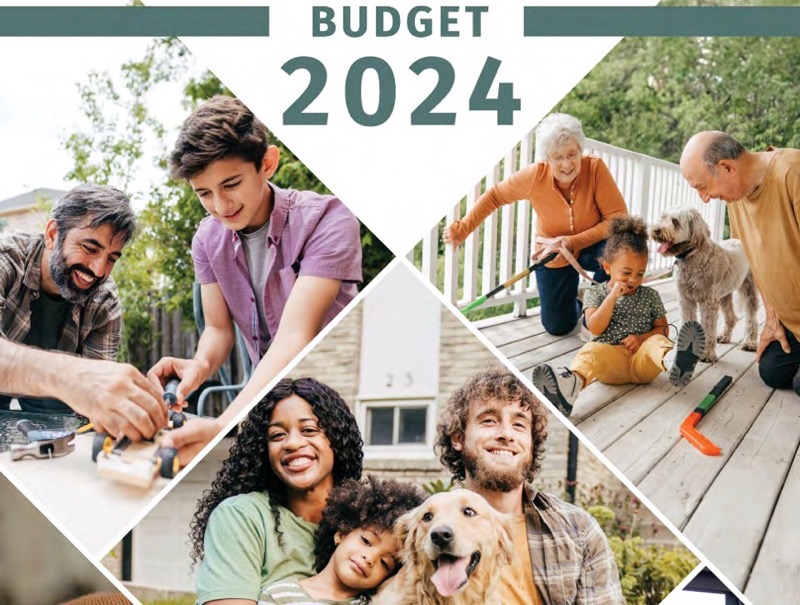
Rogers and Shaw to Enter Negotiations With Competition Bureau for Merger Approval

Rogers, Shaw Communications, and the Competition Bureau have agreed to begin mediation over the latter’s obstruction of the two telcos’ proposed $26 billion merger — reports Reuters.
Rogers’ planned takeover of Shaw is being held up by the Competition Bureau and the Ministry of Innovation, Science and Economic Development (ISED) Canada.
Both authorities are opposed to the merger due to fears it will reduce wireless competition and raise prices. The Competition Bureau has last month petitioned the Competition Tribunal to block the deal.
“The parties have advised the tribunal that they wish to participate in the mediation set for July 4th and 5th,” the Competition Tribunal said in a statement. The negotiation proceedings and all related information will be confidential.
As part of the mediation process, both sides will argue their case before a tribunal judge. The judge would then offer possible remedies to the disagreements. If the two sides are in agreement with the proposed solutions, they could sign a consent agreement and the Rogers-Shaw deal would gain the Bureau’s seal of approval without ever going to trial.
However, if a settlement cannot be reached, the dispute will proceed to trial. Seeing as the Bureau said earlier this month that it was seeking an expedited process, a trial is expected to start in November. The tribunal could render its decision by year-end.
Rogers and Shaw last week agreed to sell the latter’s wireless business, Freedom Mobile, to Quebecor for $2.85 billion in hopes it would alleviate antitrust concerns over the merger.
However, the Bureau reportedly plans to demand that Rogers also divest Shaw Mobile. As it stands, the telecom giant is poised to inherit 450,000 of Shaw’s wireless customers from the merger.
The Competition Bureau last week reiterated that the Rogers-Shaw deal should not be allowed to proceed. According to the Bureau, the merger “will result in a transfer of wealth from low- and moderate-income groups in society to the Respondents, whose shareholders include ultra-rich members of the family ownership groups of these companies.”

